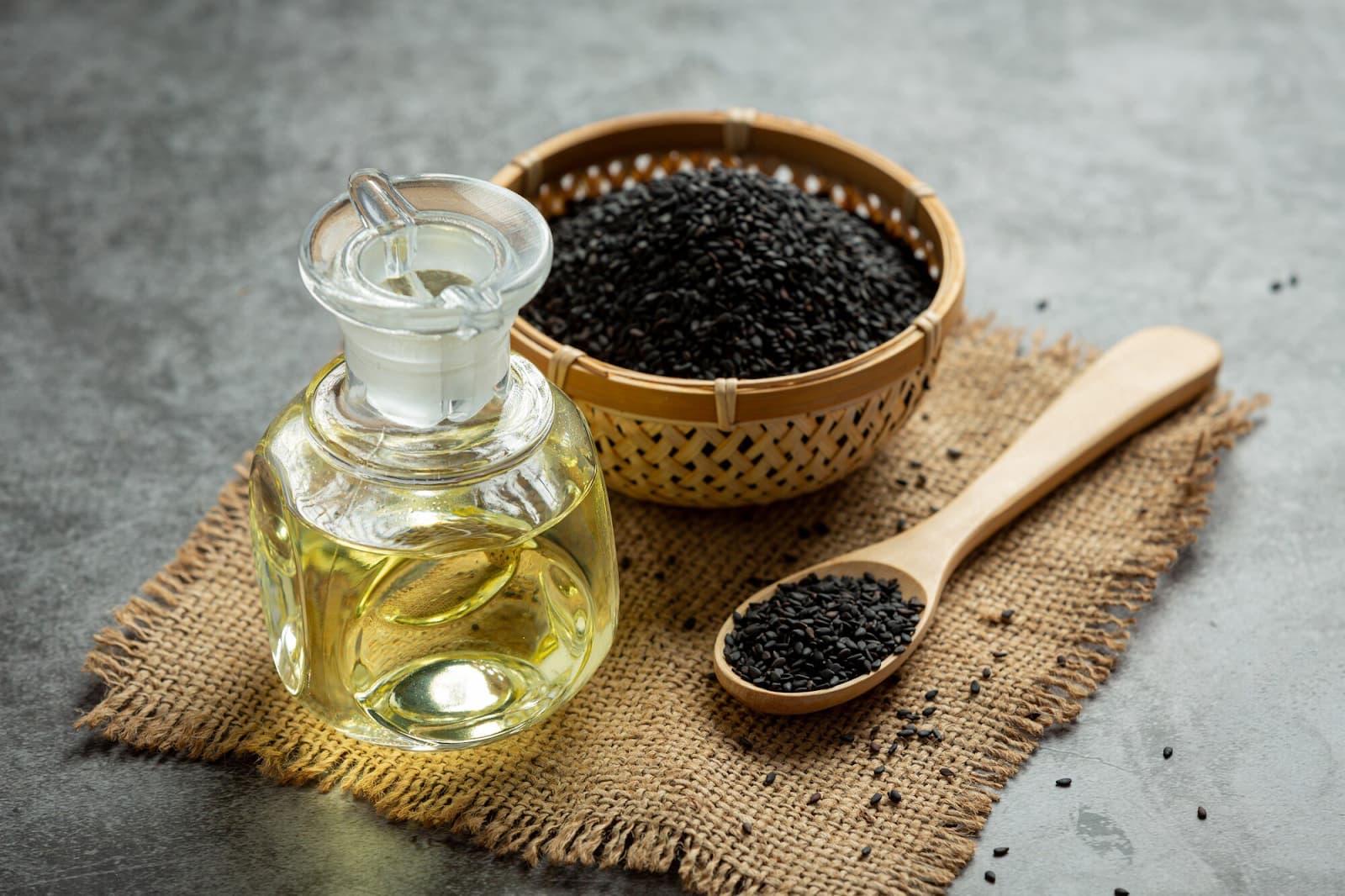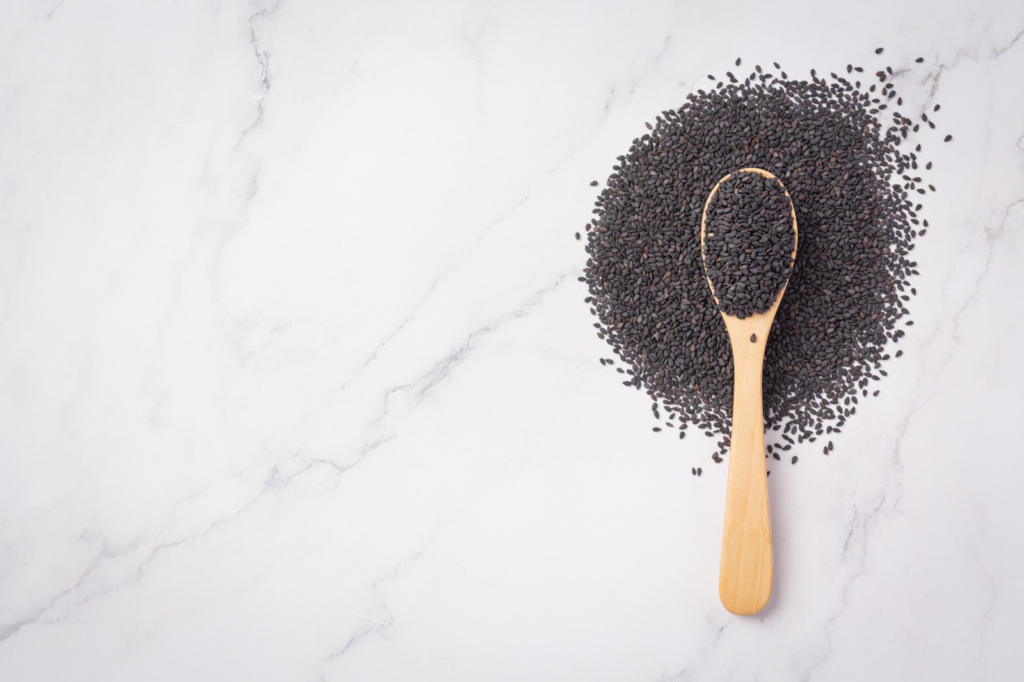
Experience Liver Revitalization with Black Seed Oil
The medicinal properties of black seed oil, a natural remedy treasured for thousands of years, have surged in popularity for their remarkable healing potential. Originating from the seeds of the Nigella Sativa plant, black seed oil is bursting with antioxidants. This makes it a potent tool in combating a variety of health conditions, and especially useful for the detoxification and repair of the liver.
The Multifaceted Health Benefits of Black Seed Oil
Black seed oil, derived from the humble seeds of the Nigella Sativa plant, has been revered as a medicinal powerhouse for centuries. Its therapeutic potentials are attributed to the rich spectrum of antioxidants it houses. Let’s delve into the array of health benefits this nature’s gift offers:
- Potential Aid in Weight Management
Preliminary studies indicate that dietary supplements of black seed oil may contribute to weight management by reducing the Body Mass Index (BMI). While this is promising, further research is needed to cement these findings and evaluate its safety profile in weight management; - Blood Sugar Regulation
Several small-scale studies imply that black seed oil could enhance glucose tolerance, outperforming conventional medication like metformin – and without the laundry list of side effects like bloating, constipation, indigestion, or headaches; - Liver Health Enhancement
The liver acts as your body’s detox engine, purging toxins and aiding in fat digestion. Black seed oil might expedite the recovery process in individuals with compromised liver function due to medication, alcohol consumption, or diseases. While promising, more extensive human studies are warranted to validate these findings; - May Diminish Cancer Risk
Black seed oil’s rich palette of polyphenols and antioxidants could potentially mitigate cancer risk. Animal studies reveal that the key phytochemicals – thymoquinone and thymohydroquinone contribute towards tumor cell reduction. Thymoquinone, the chief bioactive element, has been found to activate apoptosis (programmed cell death) in various cancer cells in vitro; - Potential Reduction in Blood Pressure and Cholesterol
Animal and human studies suggest that regular consumption of black seed oil can promote a balanced lipid profile, bringing down total cholesterol levels, LDL (‘bad’ cholesterol), and glucose levels while increasing HDL (‘good’ cholesterol); - A Boon for Skin and Hair Health
Topical application of black seed oil can alleviate eczema symptoms and nourish hair, thanks to its anti-inflammatory, antibacterial, and antioxidant traits. Nigellone – a powerful antihistamine in black seed oil – can aid in managing hair loss conditions like androgenic alopecia; - Combatant Against Infections
Black seed oil has shown potential in battling methicillin-resistant staphylococcus aureus (MRSA). Its compounds have exhibited anti-fungal properties, particularly against mould; - Possible Enhancer of Fertility
Clinical studies on men with impaired sperm health indicated improved sperm count, motility, and semen volume with black seed oil supplementation. It appears to have a positive impact on sperm parameters, semen quality, and the reproductive system.

A Comprehensive Approach to Dosages
Black seed oil, a potent natural remedy, can offer a multitude of health benefits when consumed in the right dosage. However, establishing what is an ‘ideal dosage’ can be challenging due to numerous factors at play such as age, overall health, and specific health concerns.
As a general guideline, for adults, a dosage of 1 to 1.5 grams of black seed oil per day, sustained over a period of 4 to 12 weeks, is usually recommended. This amount is considered safe and sufficient to harness the health-promoting properties of black seed oil.
For those who prefer to consume black seed in its powdered form, the daily dosage recommended usually falls within the range of 1 to 2 grams, continued over 8 to 12 weeks.
However, it’s important to note that these are general guidelines, and individual requirements may differ drastically. Therefore, before incorporating black seed oil or its derivatives into your daily routine, it’s always advised to seek the counsel of a healthcare professional.
A healthcare provider can aptly assess your health condition, any possible contraindications and can recommend a dosage that is suitably tailored to your individual health needs. This step is crucial to ensure not only the efficacy of black seed oil supplementation but also to avoid any potential side effects or adverse reactions.
Potential Side Effects of Black Seed Oil Usage
While the health benefits of black seed oil are impressive, it is important to delve into the potential risks and side effects that could arise from its consumption. Though research on its long-term safety and ideal dosages is not extensive, certain reported risks warrant attention:
- Toxicity: The presence of a toxin called melanthin in black seed oil can pose a risk when consumed in large amounts. As with all supplements, moderation is key, and exceeding recommended dosages can lead to unwanted side effects;
- Allergic Reaction: Topical application of black seed oil may result in an allergic reaction in some individuals, leading to conditions like allergic contact dermatitis. The symptoms can range from mild skin rashes to severe cases of fluid-filled skin blisters. Hence, it is advisable to conduct a patch test before applying it to larger areas of the skin;
- Risk of Bleeding: Black seed oil has the potential to influence blood clotting and can increase the risk of bleeding. This becomes particularly crucial for individuals with bleeding disorders or those on medications that impact blood clotting. It is recommended to stop the usage of black seed oil at least two weeks in advance of any planned surgery.
Conclusion
In the realm of natural remedies, black seed oil stands out with its myriad health benefits, ranging from potential weight loss support to blood sugar regulation, and liver health protection. However, it’s essential to approach its use with caution and knowledge. To maximize benefits while mitigating potential risks, it’s crucial to adhere to recommended dosages and be aware of possible side effects. Furthermore, initiating a dialogue with your healthcare provider before incorporating this supplement into your regimen is a prudent step. As with any holistic approach, effective health management with black seed oil is as much about informed decision-making as it is about consistent usage.

